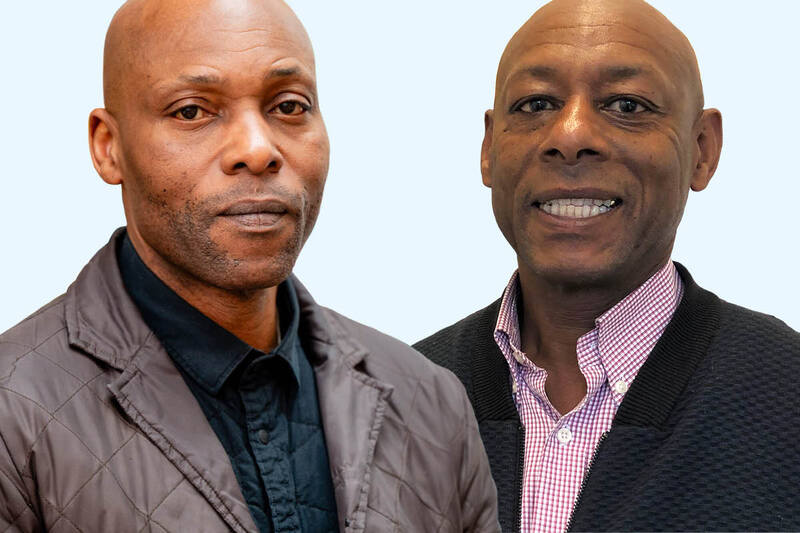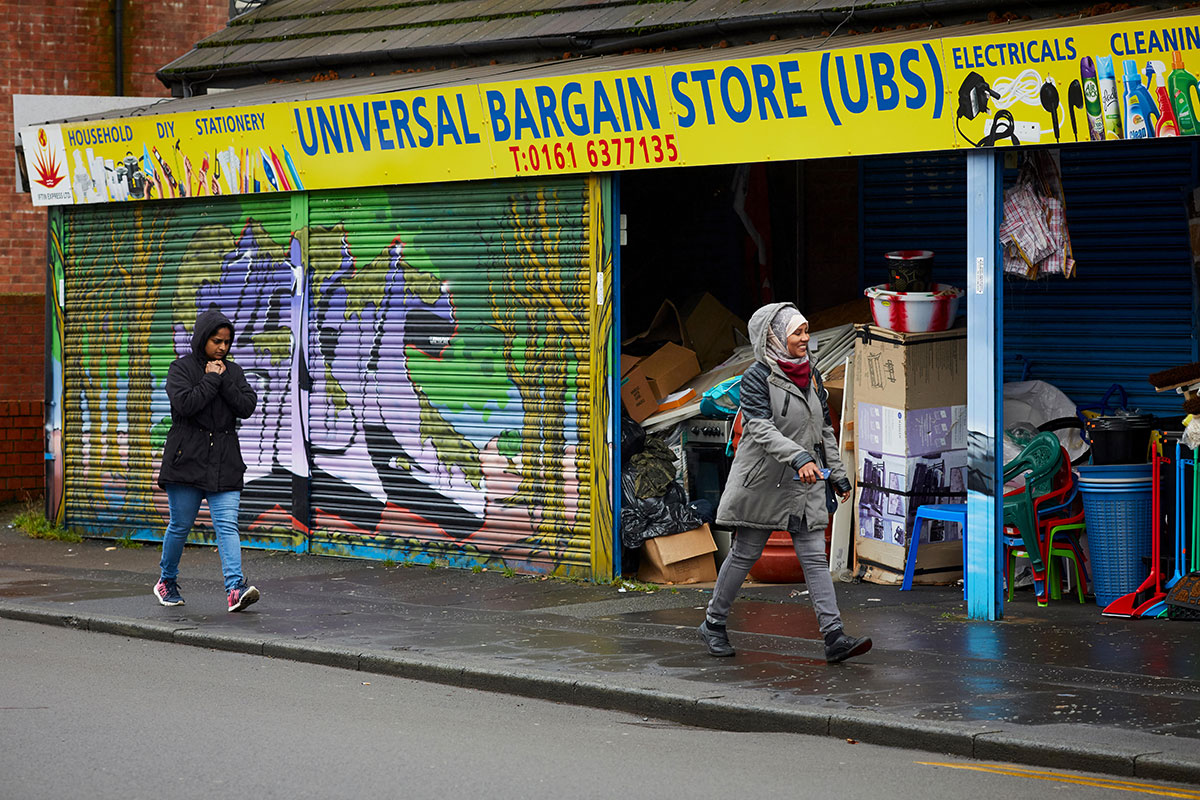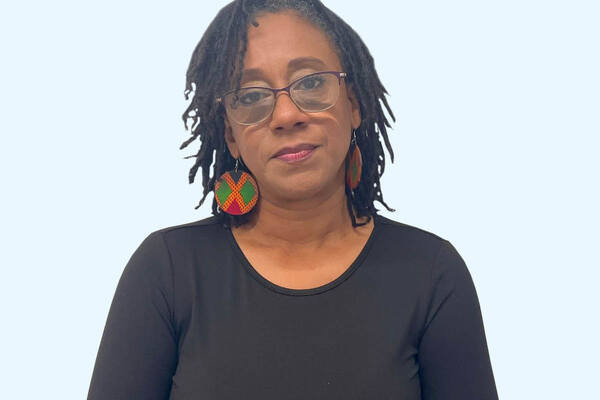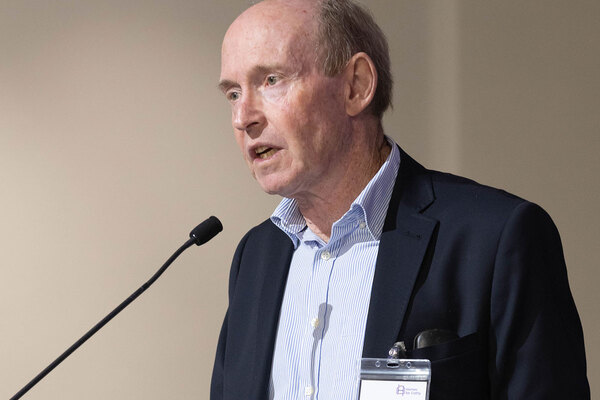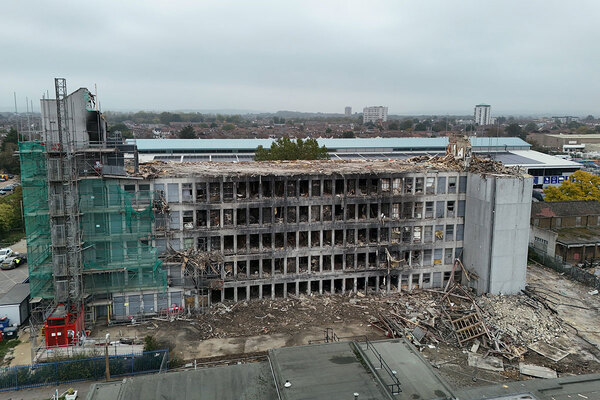You are viewing 1 of your 1 free articles
Black and minority ethnic community housing has an important history. Our report sets out how it can flourish in future
Henri Baptiste and Claude Hendrickson on how community-led housing could address racial inequalities within the housing sector
Today we have launched new research into the opportunities and challenges for Black and minority ethnic community-led housing. The timing is no coincidence.
Released in the middle of Black History Month, which recognises and celebrates Black heritage and culture, our report outlines the potential of community-led housing to help tackle racial inequalities in the housing system, but also the significant barriers to achieving racial equality that must be addressed.
As children of the Windrush generation, we have witnessed and experienced first-hand the issues of social inequality and the challenges facing Black communities, including poverty, homelessness, housing precarity and unemployment.
That’s why as long-term practitioners within community-led housing, we have championed the sector’s potential to address existing inequalities within housing, providing affordable housing solutions and building strong, empowered Black and minority ethnic communities.
There has been a long history of Black and minority ethnic communities utilising community-led housing to enhance and expand available housing solutions. In the 1970s, 1980s and 1990s, many co-operatives and housing associations were set up specifically to tackle housing difficulties experienced by Black and minority ethnic groups caused by racial discrimination.
In the 1980s and 1990s, what was then called the Housing Corporation adopted specific policies to encourage the growth of Black-led housing associations, enabling organisations to access resources.
With strong representation from Black and minority ethnic communities in their leadership and governance, these organisations were able to both empower people in leadership roles and employment opportunities, and ensure their governance reflected the communities they serve.
“Community-led housing empowers people to create their own housing solutions, and as such, provides an opportunity to overcome the housing disadvantages faced by Black and minority ethnic communities”
Many projects led by Black and minority ethnic communities in this period provided benefits beyond the provision of housing, including opportunities for training and skills development, as shown in the Frontline community self-build scheme in Leeds (formed by Claude in 1988).
Many co-operatives and housing associations formed in this era continue to thrive today, providing inspiration to a new wave of community-led housing developments.
Community-led housing empowers people to create their own housing solutions, and as such, provides an opportunity to overcome the housing disadvantages faced by Black and minority ethnic communities. We have also seen a real resurgence of community-led housing in recent years, which has empowered local citizens in the planning, development and ownership of affordable housing and community assets.
Yet this new research shows that awareness of community-led housing remains low among Black and minority ethnic communities.
Additionally, while participants highlighted the importance of representation, many felt that Black and minority ethnic communities are under-represented in key roles in the sector and highlighted experience of exclusion from community-led housing opportunities and decision-making. It’s something we too have witnessed first-hand and have built our professional careers around addressing.
Pathway Housing Solutions (co-founded by Henri in 2017), adopted community-led housing as a place-based solution to the problems of housing disadvantage and homelessness. However, as a small, Black-led grassroots organisation advocating for the needs of underserved communities, we are doubly discriminated against, and struggling to navigate through a ‘one-size-fits-all’ policy environment.
Reflecting these personal experiences, the research also indicates that policy is a key barrier for projects, with the success of Black and minority ethnic community-led projects threatened by inconsistent funding frameworks and policy processes. Participants said they feel that Black and minority ethnic communities have been marginalised when allocations are being made, for example through private and public funding allocations.
“There is a long and rich history of Black and minority ethnic community-led housing solutions, and a number of emerging projects that can apply these recommendations and act as an impetus and inspiration to widen and diversify access to community-led housing for all”
While inconsistent funding frameworks may pose a challenge to achieving some of these in the short term, recommendations aimed at greater accommodation of Black and minority ethnic community needs and aspirations in the development of policy, strategy and delivery models represent an opportunity to strengthen representation and enhance the diversity of community-led housing organisations.
Beyond the subject of funding allocations, the research also includes several other recommendations that target not only community-led housing infrastructure bodies, but also funders, developers and policymakers. It is here where opportunity lies and where attention must be focused.
There is a long and rich history of Black and minority ethnic community-led housing solutions, and a number of emerging projects that can apply these recommendations and act as an impetus and inspiration to widen and diversify access to community-led housing for all.
At a time when policymakers are seeking to find innovative solutions to the economic and social challenges we face, and as the community-led housing sector itself aims to scale up, so too must its attention to equality, diversity and inclusion.
Henri Baptiste is director at Pathway Housing Solutions and a community-led housing practitioner, and Claude Hendrickson is an equality, diversity and inclusion associate, a community-led housing advisor and a community land trust ambassador
Sign up for our tenancy management newsletter
Already have an account? Click here to manage your newsletters

